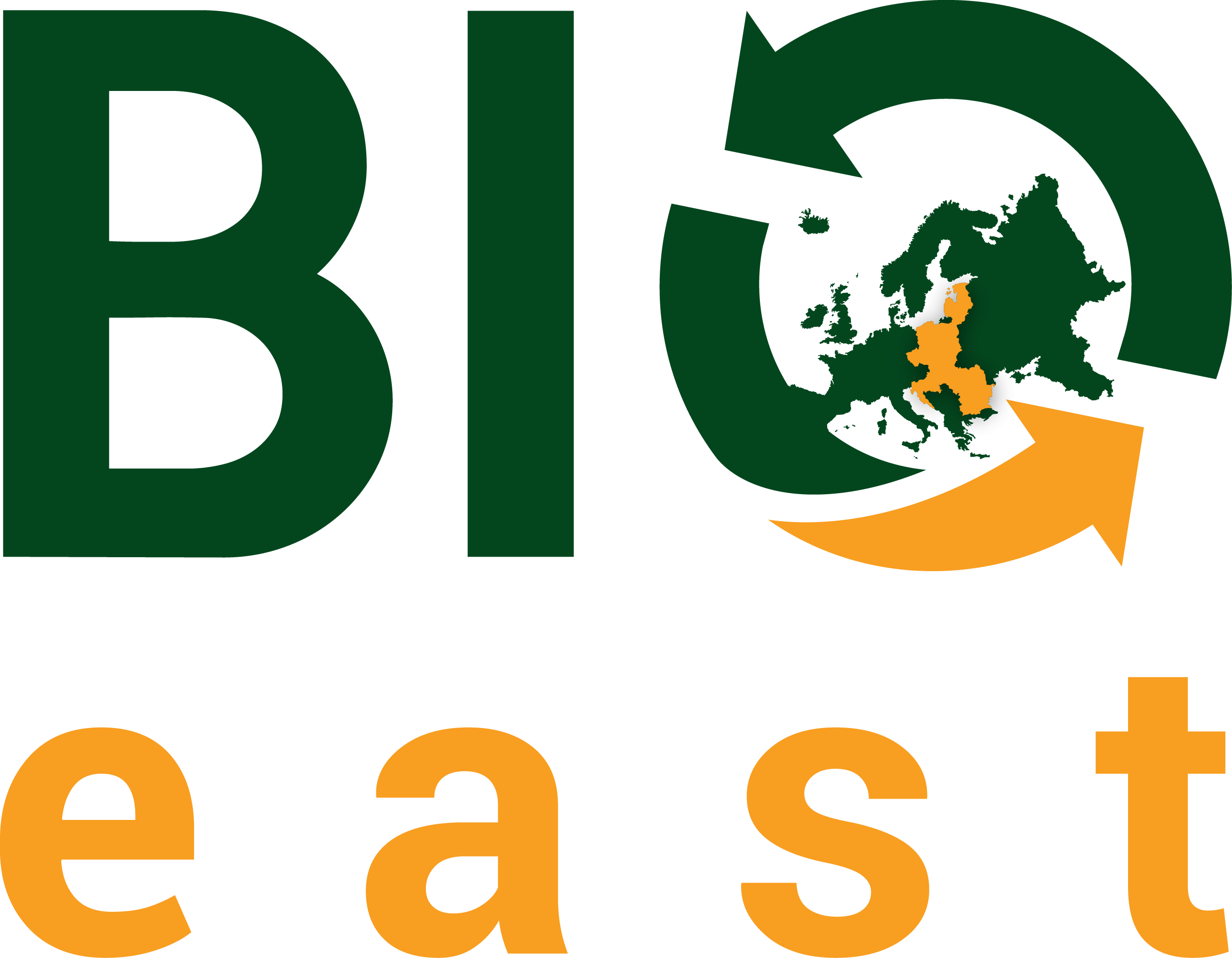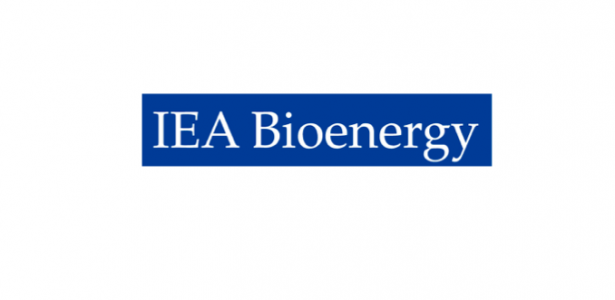The IEA Bioenergy Task 43 organizes a webinar with the title of „The potential value of Bio-hubs to help deploy and grow sustainable biomass supply” on 22 April 2020. The main target of the joint webinar is to present how bio hubs can provide improvements to biomass supply chains that will provide a more cost-effective, reliable and sustainable supply of biomass for the bioenergy sector in Australia.
Biljana Kulisic biomass researcher and chair of the BIOEAST Thematic Working Group (TWG) on Bioenergy and New Added Value Biomaterials is invited to the webinar as a presenter. She will provide information about the Joint IEA Bioenergy Task 43 and BIOEAST Initiative’s joint workshop, which was held in Sopron in October 2019. The workshop initiated worldwide research for the IEA Bioenergy Technology Collaboration Programme on biomass supply chains for bioenergy within the broader scope of bioeconomy. On behalf of the BIOEAST Initiative, TWG Forestry (Tomas Bucha, National Forest Centre & Turok Jozef National Contact Point of Slovakia) supported the organization. Furthermore, the workshop was a launching event for TWG Bioenergy and New Added Value Biomaterials as well. Biljana with her specialty is actively linked to the IEA Bioenergy Technology Collaboration Programme, through which its task on biomass supply, is exploring what role bio hubs can play in enhancing the deployment and growth of sustainable biomass supply. As points in the supply chain to consolidate different sources of biomass and allow greater pre-processing of the biomass, bio hubs have the potential to improve sustainability, resilience, and quality of biomass supply for bioenergy.
Working with local stakeholders’ groups in Europe and North America, the Task on biomass supply has conducted two workshops exploring the strengths, weaknesses, opportunities, and threats (SWOT) of bio hubs in biomass supply chains. The workshops used a consensus-based group engagement process with the experts in the room to identify and develop the SWOT for bio hubs in the supply chain. The resulting SWOT outcomes are being used as the framework to review different cases of bio hubs being deployed in practice in different countries and supply chains to publish a best practice report for bio hubs in biomass supply chains to maximize the strengths and opportunities while effectively managing the weaknesses and threats.
The invitation proves how far researchers and institutes in the BIOEAST countries can get with their active work. Congratulations to Biljana. It is worth attending the webinar, not only because of the informative agenda but also because of Biljana’s contribution.


